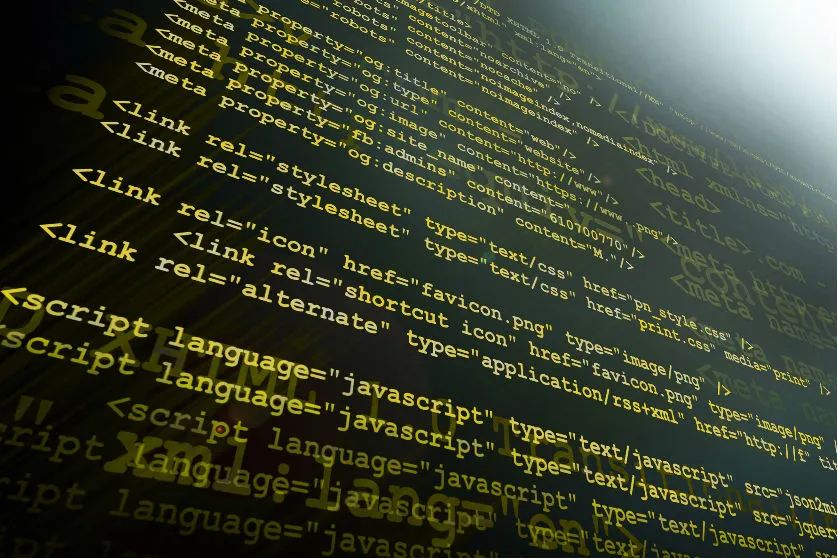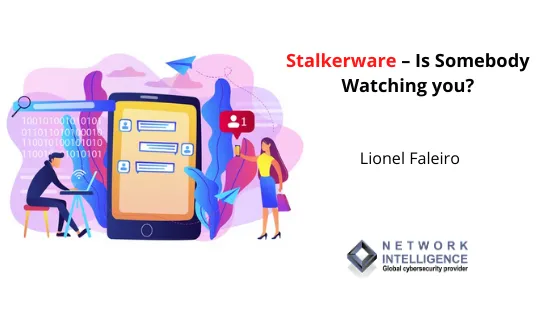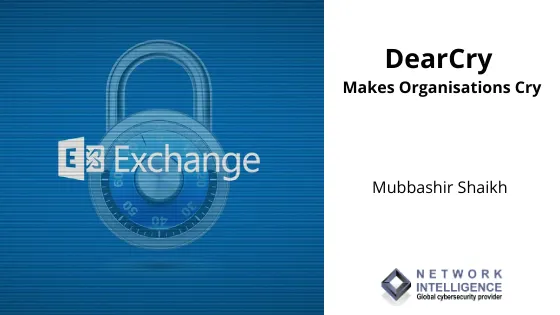Certified Data Privacy Practitioner (CDPP)
What is Data Privacy
Technology has heavily impacted human progress in many ways. Privacy can be defined as the integration of fundamental human rights with the technology in a most sorted way. Data privacy is the right to have some control over what personal information is collected and how it is used. The concept of data privacy was born as the reaction to the emerging power of computing in administration and business. The risk of Personally Identifiable Information (PII) being exposed to unauthorized personnel has increased many folds leading to the direct impact on the data subjects.
Importance of data privacy
The way technology is advancing, and the way data collection is becoming more and more sophisticated (with or without knowledge of the data subject), it is important for individuals to have some control over their PII i.e. what needs to be disclosed / not to be disclosed, where this PII should be used (purpose) etc. As a result, data privacy has emerged as one of the most significant aspects of data in today’s world.
Objectives of a data privacy program should be
- Stop misuse of PII by way of profiling,tracking
- Implementing data security inpractice
- Security bydesign
- A useful privacyframework
In line with this, we are pleased to present a 2-day workshop on Certified Data Privacy Practitioner (CDPP), which will cover key aspects of the Philippines Data Protection Act (DPA), the EU’s General Data Protection Regulation (GDPR) and how to overlap with PCI DSS (Payment Card Industry Data Security Standard).
Who should attend:
- Data PrivacyOfficers
- Chief Information SecurityOfficers
- Complianceofficers
- Information systems and securityauditors
- Other security and privacyprofessionals
Table of Contents
- Part 1:
- Introduction to dataprivacy;
- Terms anddefinitions;
- Applicability and jurisdiction of Data Protection Act(Philippines);
- Principles ofDPA;
- Liabilities and penalties ofDPA
- Introduction toGDPR;
- Principles of GDPR and Data SubjectRights;
- Concept of Data Protection ImpactAssessment;
- Liabilities and penalties ofGDPR;
- Part 2:
- Data protection implementationguidelines.
- Identifying PII in yourorganization
- Inventorying PII and assigningownership
- Developing security controls to ensure compliance with GDPR andDPA
- Part 3:
- Appointing a Data PrivacyOfficer
- Roles and responsibilities of theDPO
- Developing appropriate policies andprocedures
- Board and senior management oversight on the privacyprogram
- Measuring success of your privacyprogram
- Part 4:
- How does DPA and GDPR overlap with PCIDSS
- Key pointers to implementing PCI DSSsuccessfully
- Key challenges in DPA/GDPR and PCI DSSimplementations
Examination – The participants would need to undergo an online examination after the training. On successful passing of the examination (minimum 60%) the participant would be awarded the certification.









